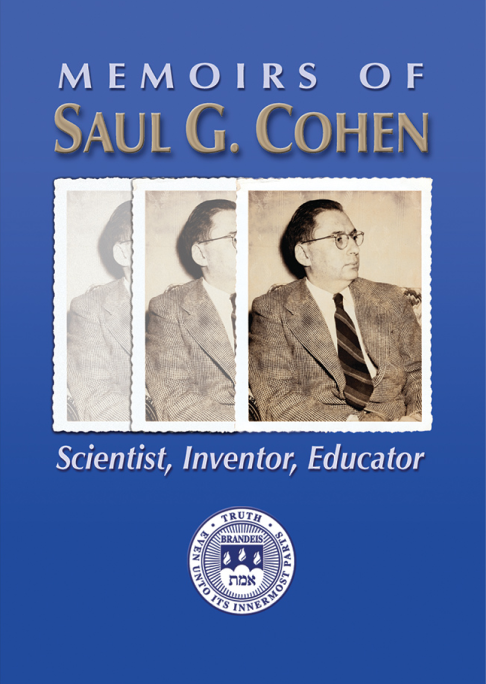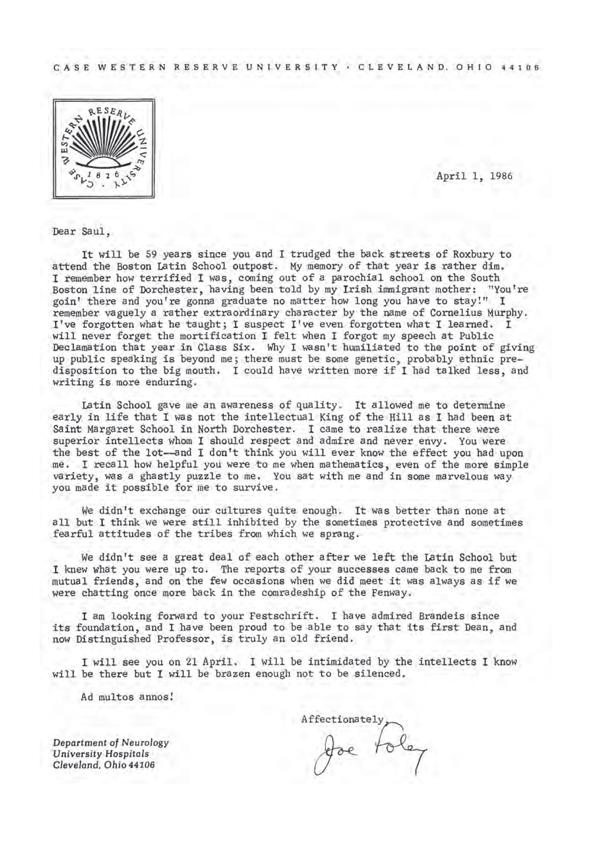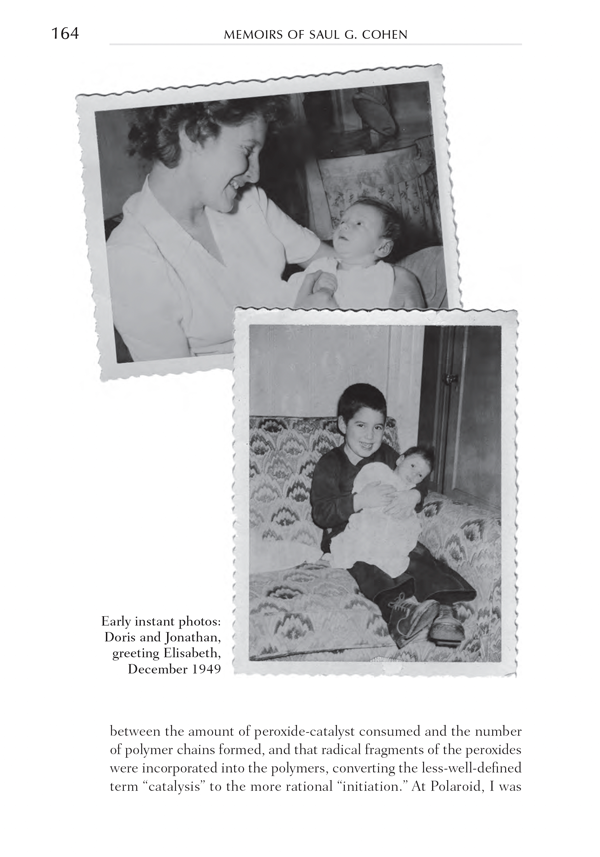In late August 1945, I called on Paul Bartlett and Bob Woodward. The war had ended, and I was again wondering how I might find a way to follow my own research interests, and try not to think too much about those visions: the nuclear genie out of its bottle, we, appallingly armed scorpions, in ours. Bob was basking in Paul Bartlett’s former first-floor Converse Laboratory professorial suite. He came around to the same suggestion that he had made two years before: “Do you have a wonderful job?” he asked. “No, not bad,” I replied. Then, “Are you doing exciting research?” “No. It’s all right.” Further, “Are you making a lot of money?” “No. It’s a living.” Smiling, “You can get a job like that around here; why stay in Ohio?” He had apparently been briefly in Indiana. “Do you have a suggestion?” “Yes, let me introduce you to Edwin Land at Polaroid.” “O.K.”
A few days later, I sat on a hard, straight-backed wooden chair in a drab anteroom in a factory building on Brookline Avenue, waiting for Mr. Land to leave whatever he was busy at and come talk with me. Polaroid had taken on large contracts during the war to work on plastic optical elements and systems useful in three-dimensional aerial photography. After a while, he entered, we shook hands and introduced ourselves. He sat down and said nothing, his thoughts apparently still on what he had been doing. After a time, he said “O.K.” “O.K. what?” I responded, with equal eloquence. “Oh, you can come work at Polaroid.” “Is there anything special you want me to do?” I asked. He seemed surprised: “If you don’t know what you want to do, don’t come to Polaroid,” he responded, rather absently.




